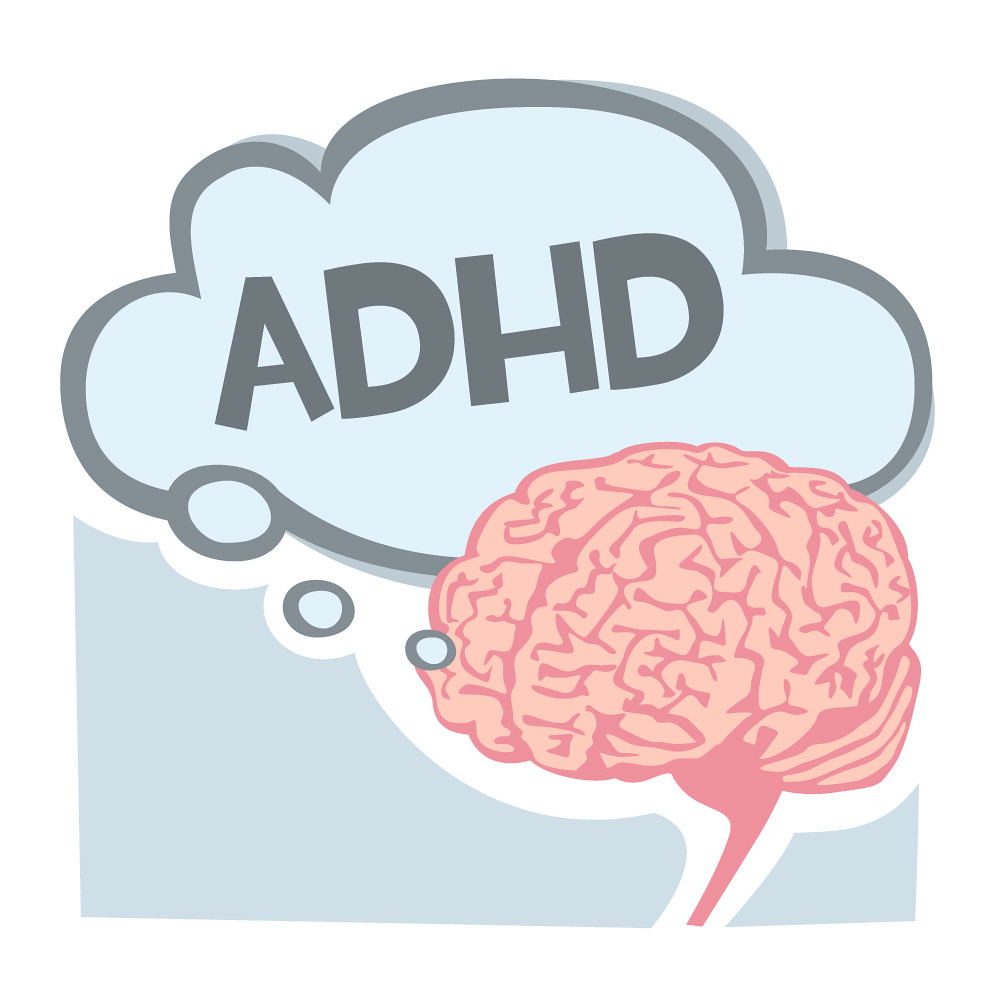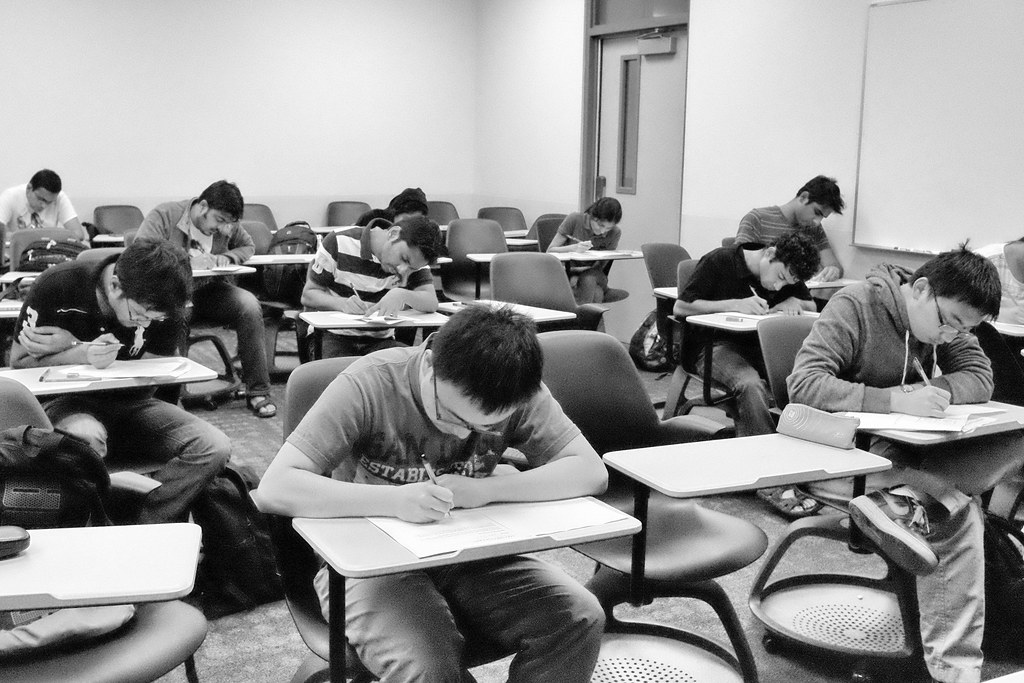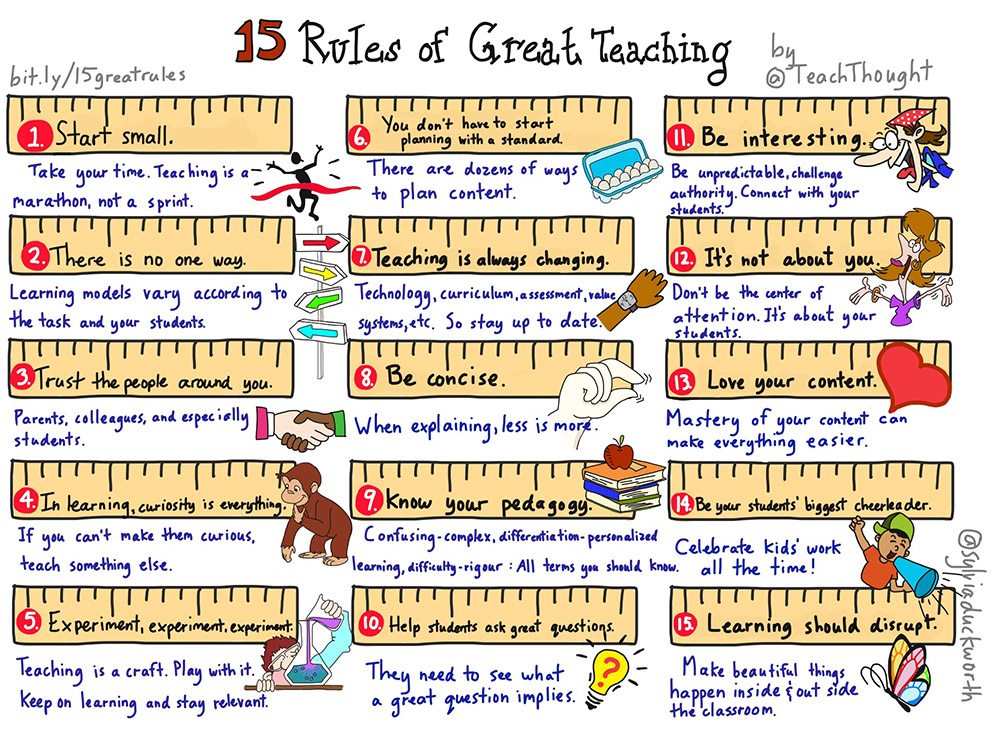Commonweal, the erudite Catholic publication of politics, faith, and culture is a site I read regularly. Though my faith is important to me, it isn't what this blog is usually about.
An article this month caught my attention and I thought of my teaching. It starts with a perhaps too much of a modernist take on why the prolific author and saint, Thomas Aquinas stopped writing suddenly in December 1273 in the midst of his masterwork,
Summa Theologica.
While saying Mass, Aquinas received a vision that made all of his works, as it put it, "mere straw". Catholics have long thought it a profound spiritual crisis/ awakening that silenced Thomas. Malesic, instead posits that Aquinas suffered from burnout and that after decades of churning out
four thousand words every day (today that would be 15 pages single-spaced typed every day) he simply was exhausted.
Malesic then pivots to tell his own story of walking away from a tenured professorship at the age of 40. Because of more duties, more stress and more pressure he began to lose the love for his craft of teaching, a craft he once won awards for. He continues:
"What I experienced—and what I see, admittedly somewhat anachronistically, in the final days of Thomas Aquinas—is burnout. We toss around that term imprecisely, applying it to languorous teens, drug addicts, and Graham Greene characters. But psychologists who study the phenomenon have a definition for it. Burnout is a response to the chronic stress of work, manifested in exhaustion, cynicism, and feelings of inefficacy. Anyone who works in an institution or responds to clients’ human needs is at risk. Thus burnout is a malady typical of post-industrial capitalism, where the simultaneous imperatives of productivity and cost-cutting breed conflicting norms that workers cannot fulfill without risking damage to their inner lives."
My own little school could be headed towards budget cuts and layoffs. Certainly, times are tight and some people feel they are being asked to do more for less. We are stressed.
Malesic that points out that it is often the best who succumb to burnout. From here, Malesic shifts to a critique of the modern capitalist ethic. While I largely agree, it isn't what I wish to address here. Instead, it is the complaint/ refrain I get from the teachers I am trying to support. Five years ago, I left a middle school where I taught for 22 years. Those I taught with and who remain all say they are busier than ever. I asked a friend why they feel that way. I reminded him that during our fat years when the school was booming, he and I taught many more students year and we had a much heavier coaching burden. It wasn't just the two of us that did this; all of us did it. We were also required to go to all plays and concerts and were encouraged to attend games.
Today, the average load is far less. Most teachers teach fewer than 50 kids, some fewer than 40. the coaching requirement has been substantially reduced. Yet they feel busier. I can't say whether this is or isn't true. I can't help but wonder if this "busyness" is more related to stress and uncertainty than their amount of work.
No matter the purpose and cause of this stress or whether there is more or less work today than there was 15 years ago, it speaks to the importance of self-care. We need to practice balance. The best teachers give and give and give of themselves. Again, it is often the best of us who tire.
I don't know what stopped Aquinas from finishing
Summa. Aquinas was fully a man of his time and undoubtedly believed the mystical vision he saw that turned his life work to straw. Thomas was very human and not just a towering intellect. He was a poet and big rambling mass of a man. His Latin is said to be too witty to translate effectively though his
great hymn is still sung every Holy Thursday by Catholics around the world. Though some of my more traditional fellow Catholics believe that a vision from God silenced him, like Malesic I wonder if there is more to the story, anachronism or not.
If you've found this blog, you care about kids, teaching, and education. Perhaps (and probably) you are among the better teachers in your school. Make sure you remember that your teacher self is only part of who you are. Take time over your break this week to remind yourself of that and to recharge your batteries. Don't damage your inner lives. Don't feed easy cynicism and most of all, don't doubt your usefulness.
 My top 3 of 2018
My top 3 of 2018

















